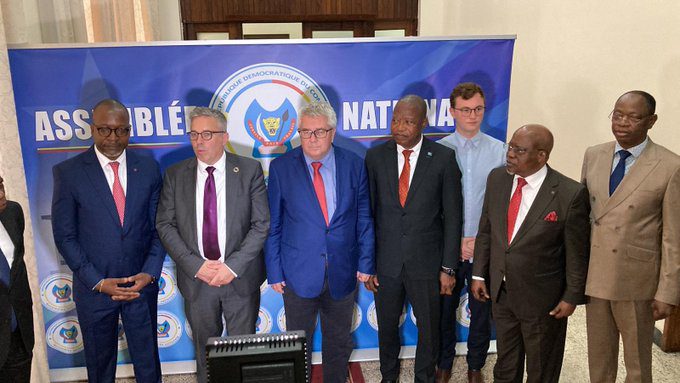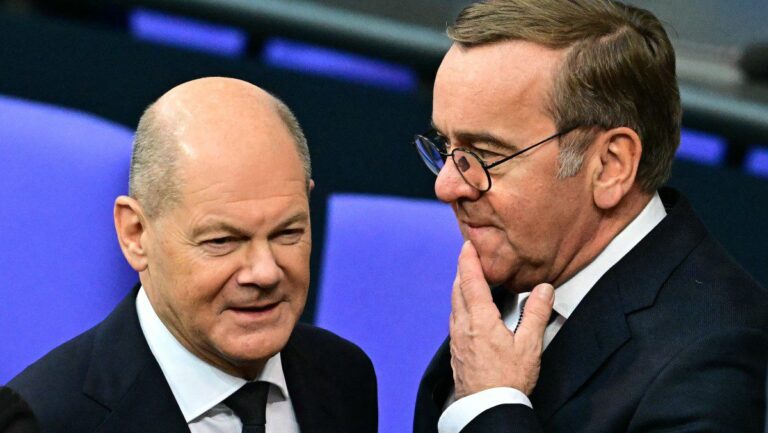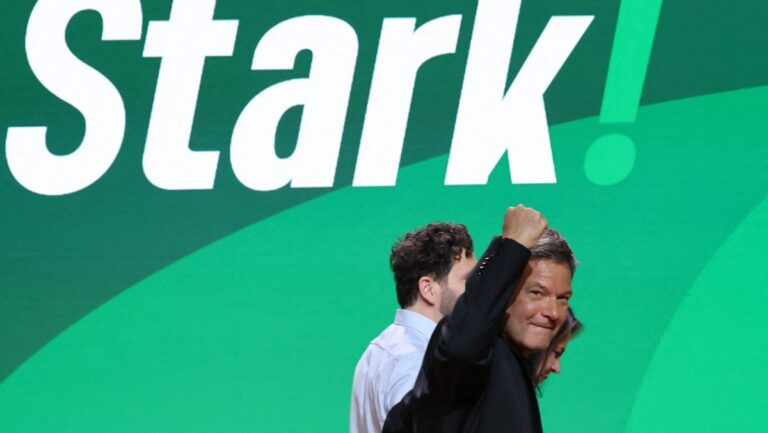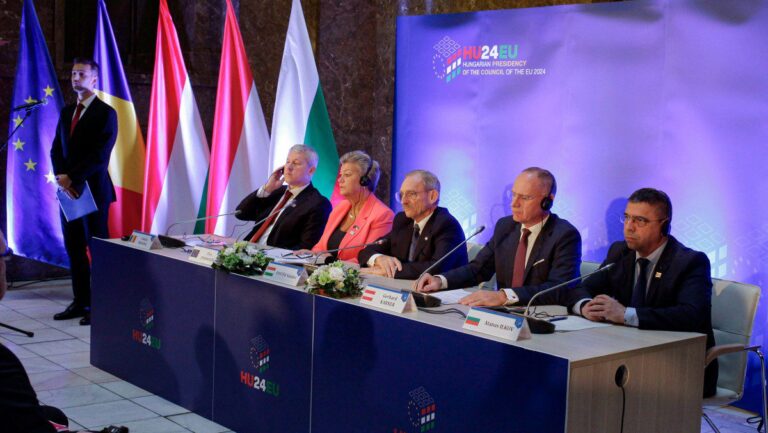A delegation of MEPs met with senior Congolese officials this week regarding the supply of critical raw materials into Europe, as the EU’s overall raw material strategy comes under fire for lacking ambition and for being implemented far too late to properly safeguard the resources needed for the EU’s green transition.
Members of the European Parliament’s Development Committee, tasked with helping to dole out the EU’s € 50 billion a year aid budget, toured mining facilities in the southern Congolese town of Lubumbashi on a two-day visit, July 24-25.
Busy day yesterday for the @EP_Development MEPs in the Democratic Republic of Congo this week to assess the impact of raw materials and the humanitarian situation in the East of the country – including meetings with Congolese parliamentarians and human rights organisations 🇪🇺🇨🇩 pic.twitter.com/mFwTJWsxqL
— DEVE Committee Press (@EP_Development) July 25, 2023
After visiting a cobalt mine, MEPs discussed the continued flow of raw materials into the EU and the African country’s endemic political turmoil dealing with rebel groups during meetings with local parliamentarians and civil society groups.
In a statement to The European Conservative, German Social Democratic MEP Karsten Lucke described how the EU delegation discussed environmental concerns and workers rights around the Congolese mining industry as well as the “role of national and international actors” in the industry.
The Democratic Republic of the Congo is a strategically vital European partner for the mining of cobalt and lithium, elements essential to green technology production amid a global scramble to secure natural resources, whereas the EU is increasingly seen as being on the back foot internationally.
The EU has already invested €50 million into Congolese mining facilities this year alone as part of the EU Raw Materials Act, designed to diversify Europe’s supply of mined materials away from Chinese overdependence.
🇨🇳 – China controls the supply of crucial war minerals, for now
— Agathe Demarais (@AgatheDemarais) July 20, 2023
• Dependency goes both ways: Chinese moves to curb exports would fuel Western plans to diversify supply
🇧🇷🇨🇩🇺🇸🇦🇺 – Brazil, Congo, US and Australia are other key suppliers of minerals and likely to boost output pic.twitter.com/U4q7KLJqU7
Russia’s invasion of Ukraine and strained relations with China has forced Europe to work proactively over the past year to ensure it has the necessary raw materials for the production of electric cars, semiconductors, and other types of green technology as critics fear that the bloc’s autonomy could be fatally undone by a failure to diversity supply chains.
The largest Francophone colony in the world, the Democratic Republic of the Congo has been plagued by civil war and state failure since its independence, and is currently dealing with a 20-year-long rebellion by ethnic Tutsis in the east of the country led by the M23 movement.
The EU last week greenlit €20 million worth of funding for the Congolese military as it competes with Russia for regional influence, critical now that other African countries have turned their backs on the West.
Despite hosting numerous Chinese-owned mining interests, Congolese President Felix Tshisekedi recently broached the possibility of revising China’s commercial relationship with Beijing to negotiate better terms for his country. China harvests tens of billions worth of mineral wealth each year in Congo, often refined in China in what experts believe is a major geopolitical advantage for Beijing.
At home, Brussels has been blasted by industry experts for not doing enough to lock down critical materials needed for the future, as French mining officials complained that the EU was already destined to fail to meet Commission targets for 2030.
The EU launched its flagship raw materials strategy in March despite criticism that the bloc was acting far too late to achieve tangible results. The control of mineral wealth is acknowledged by many to form the backbone of contemporary geopolitics, with the EU heavily exposed to international fluctuations and a potential schism with China.





